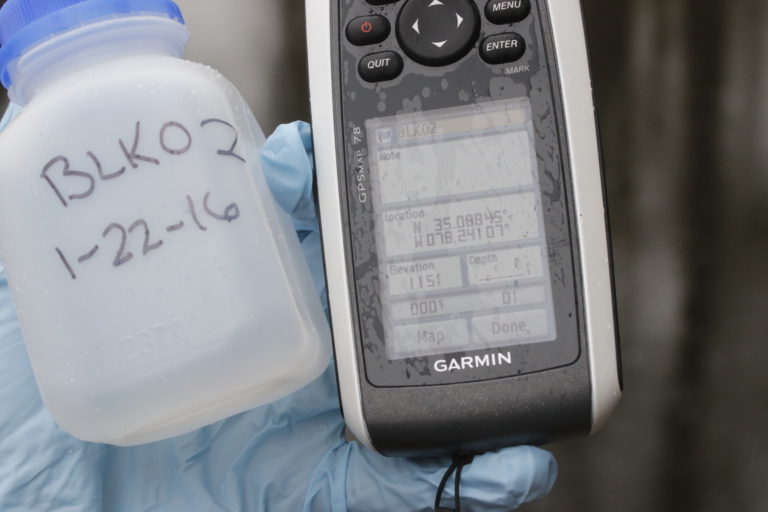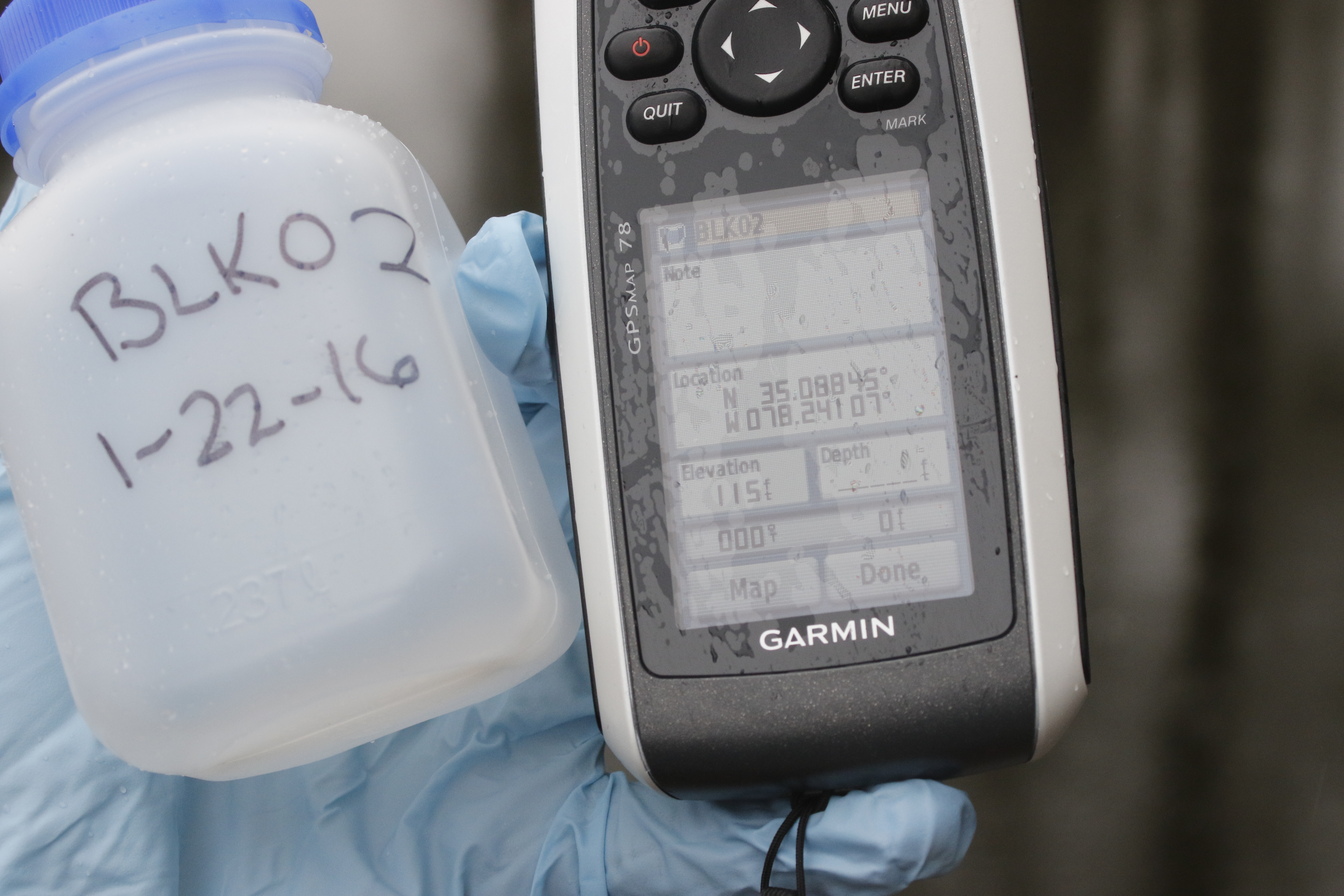
On Friday, January 22nd, I woke up to learn of an advertisement that was making the rounds that was attempting to discredit environmental groups like mine that want to put an end to pollution from industrialized animal production. This slick commercial, paid for by the hog industry, pointed to the Black River, a tributary of the Cape Fear, as an example of a “pristine” waterway in hog country proving that the waste from millions of hogs in my river basin doesn’t flow downstream.
When someone makes false claims about my river I take it very personally. I know the pressure that the Cape Fear is under from hog waste. My basin is home to the highest density of hogs in the nation, confined inside while their feces are held in open pits and then sprayed through the air and onto the waterlogged landscape. To claim that liquefied waste does not flow downstream is absurd and offensive. I was outraged that multinational corporations like Smithfield Foods were putting massive amounts of money into advertising in an effort to discredit me instead of investing in pollution controls on their hog factories.
So I did what Riverkeepers do best: Investigate and find the truth. I loaded up the truck, grabbed some sampling kits, and cruised up to the headwaters of the Black River basin in Sampson County, which is home to about two million hogs (second in the nation to Duplin County, right next door). I was able to take nine water quality samples on all of the major tributaries to the Black River before heading back to the state certified lab in Wilmington, NC to drop them off for testing.

I knew that the Lower Cape Fear RIver Program at UNC Wilmington does a lot of sampling in that area, so when I got back to the office I checked the minutes from a recent meeting. Lo and behold, right there in the minutes were notes from Dr. Michael Mallin’s water sampling results from August and September 2015 saying the “South River [a major tributary of the Black] had high chlorophyll (145 ug/L) and fecal coliform counts (41,000 col/100 mL). Many of the North East and Black River sites had elevated [fecal] coliform (9000 to greater than 60,000 col/100 mL).” In attendance at the meeting was a representative from Smithfield Foods, the foreign-owned corporation that controls most hog operations in North Carolina either by ownership or contract.
I can’t say I was surprised when I got my sampling results back from the lab this week: 100% of the water samples I took in the Black River basin exceeded the state standard for fecal coliform bacteria. That means bacteria from feces are getting into our water, and common sense tells me it’s coming from the 2,000,000 hogs upstream.
Undoubtedly, the hog industry will continue to try to discredit me. They will point fingers and try to hide behind the image of the simple family farmer. But, to be clear, corporations that are only interested in their bottom line dictate how these industrial facilities operate, and the lagoon and sprayfield system of waste disposal puts our waterways at risk no matter who is operating them. My hope is that one day I’ll wake up to hear them investing in solutions, not PR efforts trying to hide the truth.